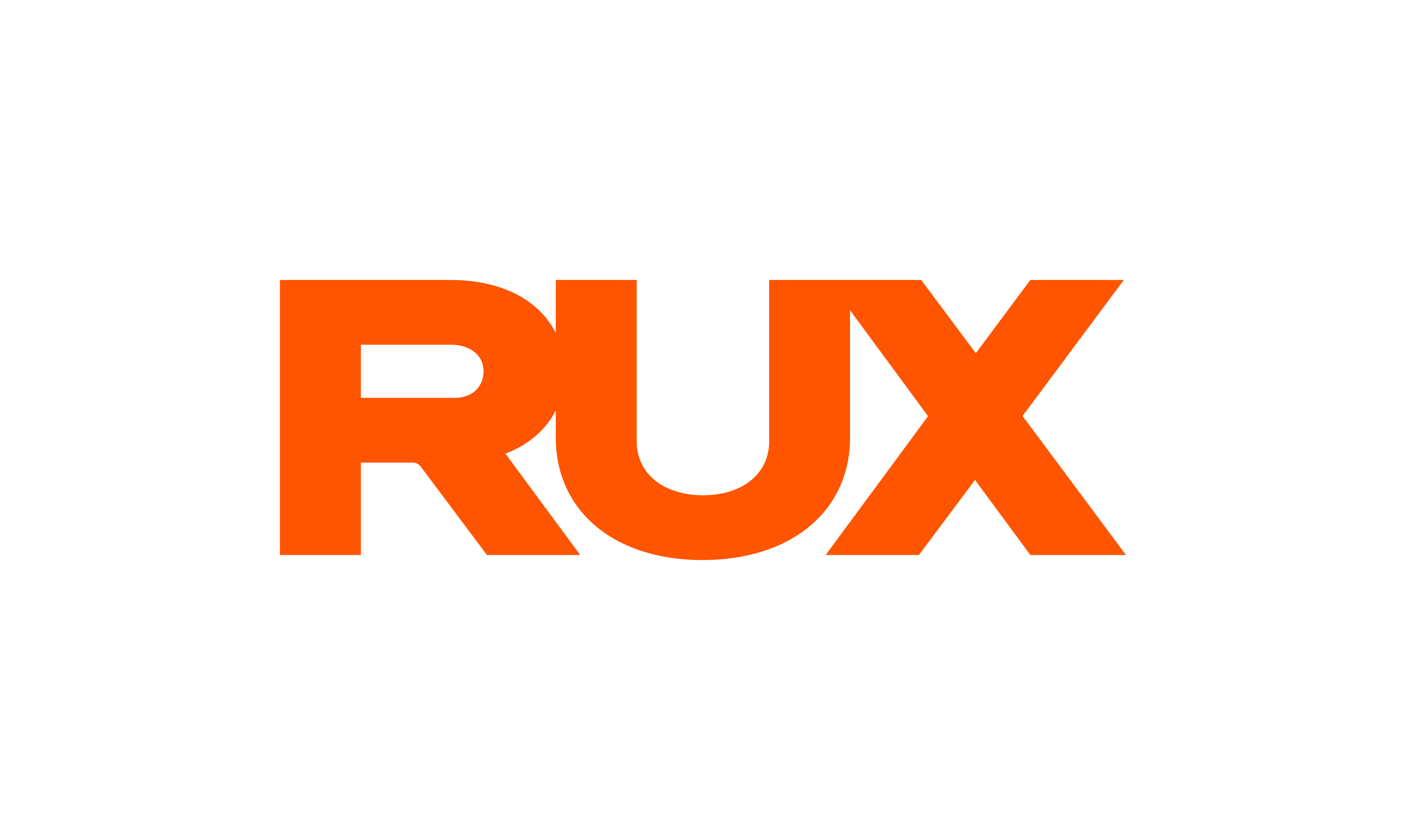Investment Considerations When Choosing the Right Equipment Rental ERP


If you find yourself regularly searching the internet for workarounds to make your different equipment rental software systems work together, there’s a good chance your current infrastructure for managing your rental equipment, business financials, inventory, and reporting are not working well together. If your existing systems are causing you and your staff headaches and the finance team is spending countless hours on reconciliations, it’s time to consider transitioning to a modern, robust ERP Solution built specifically with your industry in mind.
Transitioning to a new ERP is a big decision with many implications for your organization. Outside of the software cost, there are others costs that come during planning, implementation and go-live of the product. An ERP solution is an investment into your business and, if implemented correctly, should help you:
- eliminate manual processes
- streamline your operations
- collect payments faster
- increase customer and employee satisfaction
Before determining if a new solution is right for your organization, you should consider the impact a new ERP may have on your operations.
What Is Equipment Rental ERP and Why It Matters
You likely have an ERP system in place today like QuickBooks, Dynamics NAV or GP, or NetSuite. Equipment rental companies commonly look for a replacement for these solutions for a variety of reasons – inability to scale and grow with their business, lack of required features, necessity to use other disparate solutions, or even the sunsetting of legacy products like Dynamics NAV. A well-planned and implemented ERP system can help your rental equipment business move into the next phase of growth by centralizing all your operational processes and data, including:
- Finance and accounting
- Human resources
- Rental, equipment, and fleet management and service
- Inventory management
- Purchasing and supply chain management
- Warehouse management
- Manufacturing
- Project management
- Reporting, analytics, and business intelligence
Benefits of a Unified ERP System for Rental Businesses
If you’re struggling trying to manage your finances in one system and equipment rental in another, you understand how time consuming it is to move data back and forth. The possibility for process efficiencies and greater productivity is huge with an all-in-one ERP system, not to mention fewer data errors and discrepancies, which results in more capacity for your staff to acquire new clients and provide better customer service to existing clients.
With improved operational visibility and accurate data being shared across the organization, an ERP system built for the equipment rental industry leads to significant cost savings and increased profit margins in a short amount of time. For a modern rental company focused on staying competitive and increasing profitability, this type of software is imperative to success.
Why Is ERP Perceived to Be More Expensive Than Standalone Software?
There are different software options for equipment rental organizations – but very few offer the robust capabilities that a modern ERP solution includes. When looking at the price for different solutions, it’s important to make sure you aren’t comparing apples to oranges. It’s important to first start by outlining your business goals and objectives – what are you trying to get out of your equipment rental software? What goals are you trying to achieve, and what business processes are you currently struggling with?
You’ll soon start to understand that a single solution – which may seem more expensive up front – actually costs less than multiple solutions that need to be integrated, or require manual actions from your employees to reconcile between multiple systems, duplicate data entry, or perform workarounds.
Over the long run, an ERP can scale and grow with your business in ways that standalone systems can’t while providing superior insight, enabling you to capitalize on market opportunities, streamline processes, and elevate both employee and customer retention. When considering the factors of an ERP investment, it’s important to understand the magnitude of equipment rental operations you can bring together in a single place. Where bespoke, separate systems need their own maintenance, management, technical expertise, licensing, support, upgrades, and infrastructure, a centralized ERP solution for equipment rentals can combine all of this into one.
Not only does eliminating unnecessary, redundant resources and efforts save costs nearly immediately, but the efficiency of bringing your business management operations together in a cloud environment is unparalleled. You completely remove the data silos that require manual reconciliation of information and reporting from one system to the next. Real-time analytics across everything from sales, finances, fleet utilization, and more are embedded and available at the click of a button. Audit trails across all facets of the business are automatic and seamless.
Average ROI on an ERP Implementation is Three Years
According to a Forrester Total Economic Impact™ study, companies implementing Microsoft Dynamics 365 Business Central typically see a 162% return on investment (ROI) over three years, with benefits beginning to materialize within the first 12 to 18 months after deployment.
This timeline can vary depending on factors like:
- Company size and complexity
- Level of customization
- Quality of implementation and training
- Integration with other systems
You will find that on a 2–4-year comparison of cost requirements for your business management infrastructure, a unified equipment rental cloud ERP solution built for efficiency and optimization will win over home-grown, disconnected systems in nearly every instance. Not to mention, the ability to maximize market opportunities, gain a competitive advantage, and empower your people with their talents instead of unnecessary administrative overhead, is only obtainable with a modern approach to technology infrastructure through an ERP system like RUX Rentals.
While your business is unique, our approach is tested and true, ensuring after implementation you have the visibility you need and processes mapped for the complexity of your business. Dynamics 365 Business Central, integrated directly with RUX Rentals, can provide a full suite of capabilities to manage your entire equipment rental organization.
6 Investment Factors That Affect the Cost of ERP Implementation
Built by Microsoft, Dynamics 365 Business Central is today’s leading ERP solution and partners like RUX work with organizations to ensure the system is set up for your specific needs. That’s why you won’t find a set price for the implementation of Business Central – the factors of your business needs will determine the overall price. Some of those factors include:
1. Licensing Requirements
The number of departments or business units in your company, the number of users that need access to the system, and the levels of access each individual needs will affect the cost of your ERP system.
2. Functionality required
Depending on your business model, you may not need every module that comes out-of-the-box with Dynamics 365 Business Central. Your number of locations, items for rent, manufacturing capabilities, and logistics complexity may impact the overall price.
3. Cloud hosting and IT support
Dynamics 365 Business Central is a cloud-based solution, so you only pay for what you need and avoid costs of hardware and servers. You’re able to scale up or down, depending on your business need. 4. Support and training
Some organizations have in-house ERP experts to help with ongoing support and training after go-live. Other organizations, rely strictly on their Microsoft partner for support. Your partner can help you determine the level of support and training your organization requires and the costs associated.
5. Data migration
Data migration from multiple standalone and legacy systems takes time. How much data needs to migrate to the ERP, the complexity of that data, and how many different systems you need to move data from will affect the cost of your ERP.
6. Reporting requirements
Microsoft Dynamics 365 Business Central has almost endless reporting options. You may only need the built-in reporting options, or you may need more complex reporting options customized for your business. With Power BI, you can connect data from any number of sources, including Dynamics 365 Business Central, to have a centralized view of all data points, helping you to make better more informed decisions.
Is It Time to Invest in Dynamics 365 Business Central for Your Equipment Rental Company?
There’s a lot to consider when you’re thinking about an ERP, not the least of which is what exactly you’re investing in. If you think it’s time to move to an equipment rental ERP, we can help.
If you’re ready for your last ERP system you’ll ever have, it's time to talk about Dynamics 365 Business Central. Our experts will learn more about your business and can give you a high-level estimate of the cost and implementation expectations for your equipment rental business.



.png)
Ready to take control of your operations?
RUX engineered oil and gas field service software to fit your operation—no patches, no guesswork. Business Applications built and configured for the oilfield service industry, our software solutions give you clarity and control to move forward with confidence.

